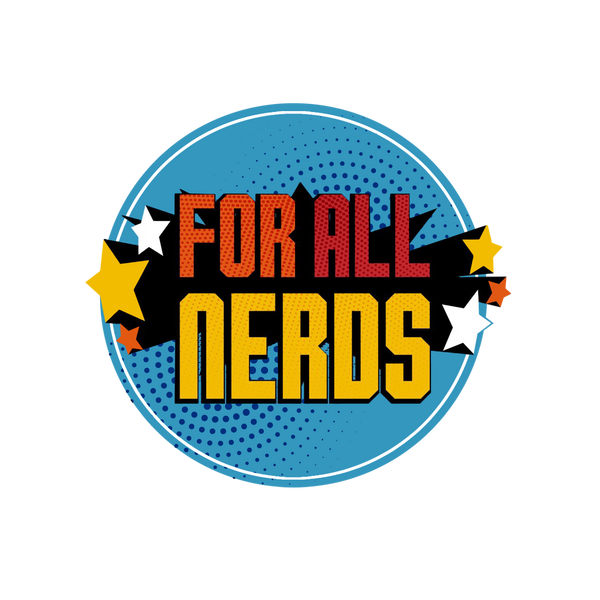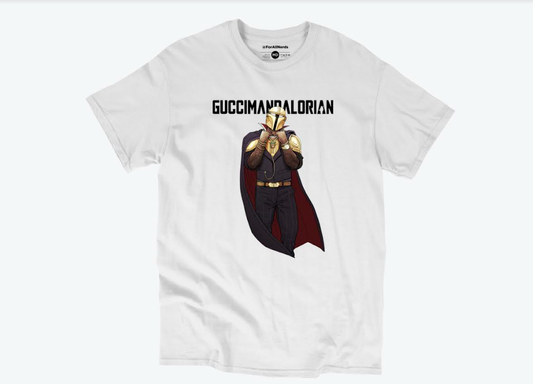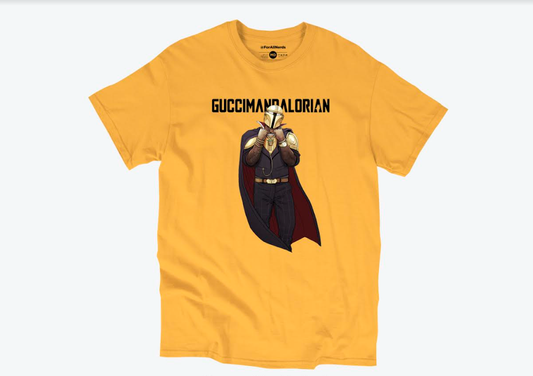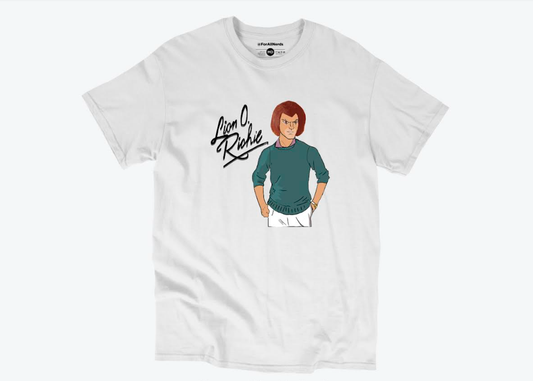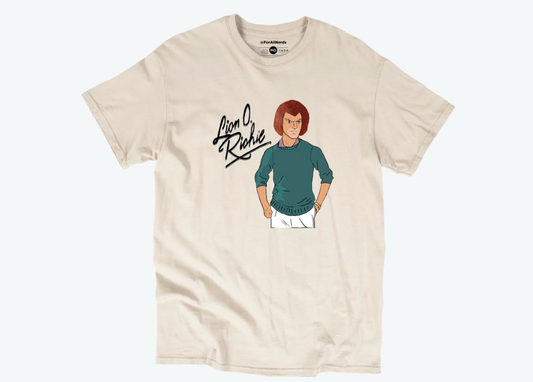Grab Your Gear!
-
GUCCIMANDALORIAN UNISEX FIT TEE
Regular price From $45.00 USDRegular priceUnit price / per$30.00 USDSale price From $45.00 USD -
LION-O UNISEX FIT TEE
Regular price $45.00 USDRegular priceUnit price / per$30.00 USDSale price $45.00 USD
